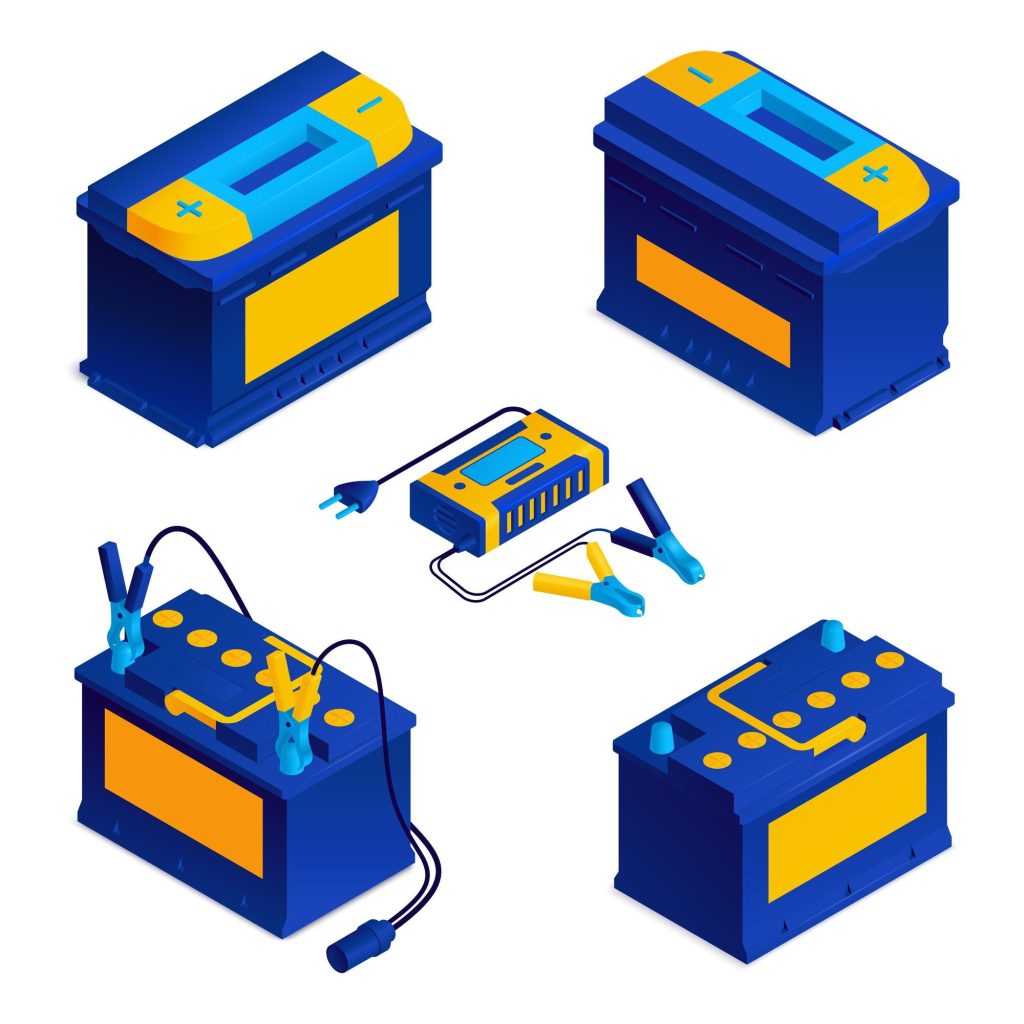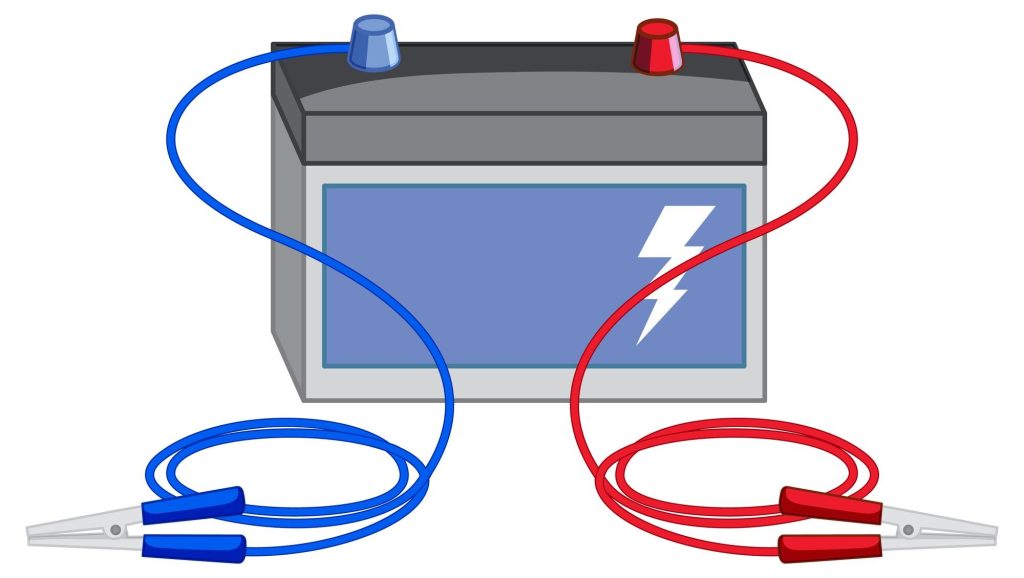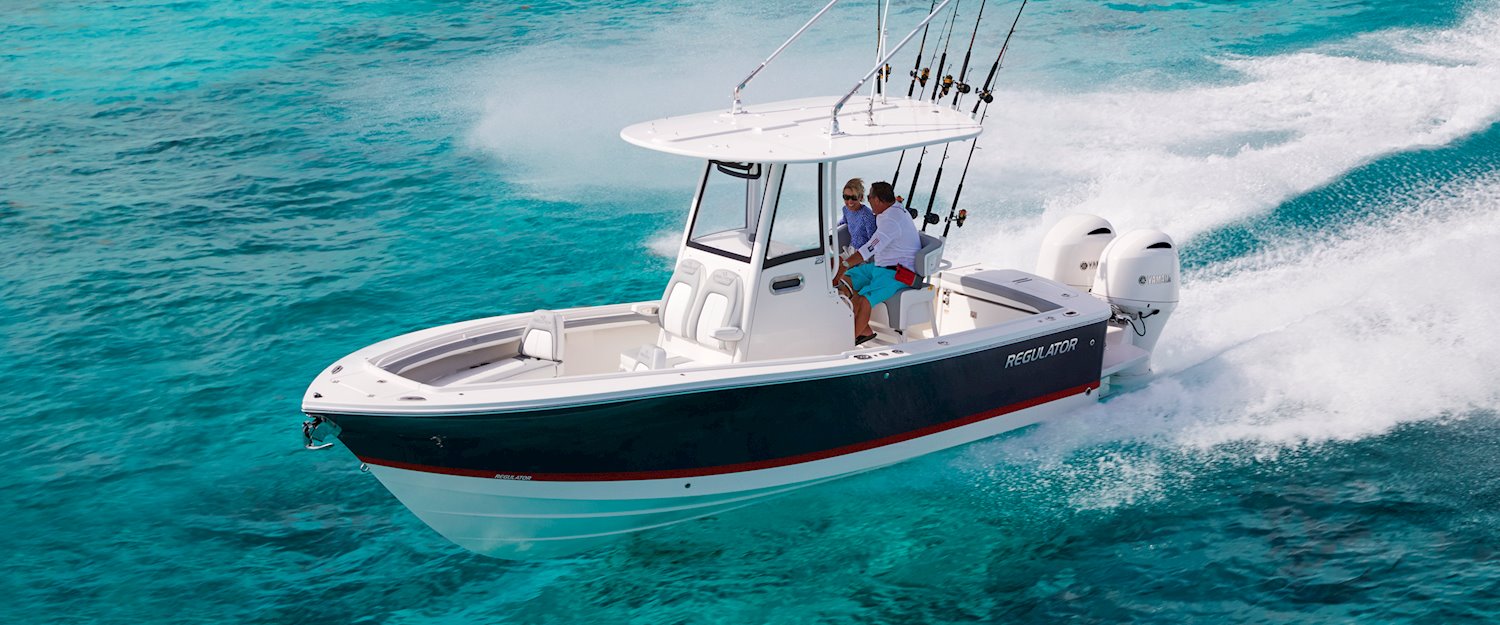ne batteries can be daunting, especially when buying online. Whether you’re a seasoned sailor or a weekend boater, this guide will help you make an informed decision when purchasing marine batteries online. Understanding the intricacies of different battery types, knowing what factors to consider, and being aware of the best places to buy can save you time, money, and frustration.
Marine batteries are crucial for the smooth operation of your boat, powering everything from the engine to onboard electronics. With the right information at your fingertips, you can confidently navigate the online marketplace and choose the best battery for your needs. This guide covers everything from battery types to installation tips, making it a comprehensive resource for any boater.

Understanding Marine Batteries
Marine batteries are designed to withstand the unique challenges of boating. They must endure constant vibrations, extreme temperatures, and frequent deep discharges. There are three main types of marine batteries: starting batteries, deep-cycle batteries, and dual-purpose batteries. Each type serves a specific purpose and is built to handle different aspects of marine power needs.
Understanding the differences between these battery types is crucial. Choosing the wrong battery can lead to poor performance, reduced lifespan, and potential damage to your boat’s electrical system. Let’s delve deeper into the characteristics of each type to help you make an informed choice.

Starting Batteries
Starting batteries provide a quick, powerful burst of energy to start the engine. They are not designed to sustain long-term power supply but excel in delivering high currents over a short period. These batteries are similar to car batteries and are optimized for a high discharge rate.
However, starting batteries are not suitable for running onboard electronics or accessories for extended periods. Using them for purposes other than starting the engine can significantly shorten their lifespan. Therefore, it’s essential to use starting batteries strictly for their intended purpose.
Deep-Cycle Batteries
Deep-cycle batteries are built to provide a steady amount of power over an extended period. They are ideal for running accessories like lights, trolling motors, and other electronics on your boat. These batteries can be discharged and recharged multiple times without significant degradation in performance.
Deep-cycle batteries have thicker plates and are designed to deliver a consistent voltage over long periods. This makes them perfect for applications that require sustained power. However, they are not suitable for starting engines, as they cannot deliver the high current required for engine ignition.
Dual-Purpose Batteries
Dual-purpose batteries combine the features of both starting and deep-cycle batteries. They can start the engine and provide continuous power to accessories. However, they may not perform either function as efficiently as specialized batteries.
While dual-purpose batteries offer versatility, they are a compromise between starting and deep-cycle batteries. They are suitable for boaters who need both starting power and a moderate amount of accessory power but do not want to install multiple batteries. Keep in mind that their lifespan may be shorter compared to specialized batteries when used extensively for both purposes.
Factors to Consider When Buying Marine Batteries Online
When shopping for marine batteries online, several factors should influence your decision. Making the right choice involves more than just picking a battery that fits your budget. You need to consider your specific boating needs, the type of battery that will best serve those needs, and the reliability of the retailer.
By taking the time to evaluate these factors, you can ensure that you select a battery that will provide reliable performance and longevity. Here are the key factors to consider when buying marine batteries online.
Battery Type
First, determine the type of battery you need: starting, deep-cycle, or dual-purpose. Assess your boating habits and power requirements to choose the right type. If you primarily use your boat for short trips and need a reliable engine start, a starting battery may suffice.
For extended trips with multiple electronic devices, a deep-cycle battery is more appropriate. If you need a balance of both, consider a dual-purpose battery. Understanding your specific needs will help narrow down your options.
Battery Size
Battery size, or group size, is crucial. It must fit your boat’s battery compartment and meet your power needs. Check your boat’s manual or existing battery for the correct size. Ensuring the correct size will prevent installation issues and ensure that the battery can handle the electrical demands of your boat.
Different boats have different battery compartments, so it’s essential to measure accurately. Additionally, consider the weight of the battery, as heavier batteries may require additional support or different mounting solutions.
Reserve Capacity and Amp Hours
Reserve capacity (RC) indicates how long a battery can supply power before discharge. Amp hours (Ah) measure the battery’s energy storage capacity. Higher RC and Ah values generally mean longer run times. These metrics are crucial for determining how long your battery will last under specific usage conditions.
When comparing batteries, look for those with higher RC and Ah values if you need extended power for accessories and electronics. However, keep in mind that batteries with higher capacities are often larger and heavier, which may affect installation.
Maintenance Requirements
Some marine batteries require regular maintenance, such as checking water levels and cleaning terminals. Maintenance-free options, like sealed AGM (Absorbent Glass Mat) batteries, offer convenience but may come at a higher cost. Consider how much time and effort you are willing to invest in battery maintenance.
If you prefer a low-maintenance solution, AGM or gel batteries are excellent choices. However, for those comfortable with regular maintenance, traditional flooded batteries can be a cost-effective option. Weigh the pros and cons of each type based on your maintenance preferences.
Brand and Warranty
Reputable brands often provide better quality and reliability. Additionally, look for batteries with a solid warranty to protect your investment. A good warranty indicates that the manufacturer stands behind their product and offers peace of mind.
When buying online, it’s essential to research the brand’s reputation and read customer reviews. A longer warranty period can be a significant advantage, especially if you plan to use your boat frequently. Choose brands known for durability and customer support.
Where to Buy Marine Batteries Online
Several online retailers specialize in marine batteries. Below are some trusted sources. Each retailer offers unique advantages, whether it’s a wide selection, specialized knowledge, or competitive pricing.
Choosing the right retailer can significantly impact your buying experience. Here are some of the top online stores where you can buy marine batteries.
Tips for Buying Marine Batteries Online
Read Customer Reviews
Customer reviews can provide valuable insights into the battery’s performance and reliability. Look for patterns in reviews to identify potential issues. Consistent complaints about a specific problem can indicate a common defect or limitation.
Positive reviews can also highlight the strengths of a battery, helping you identify the best options. Pay attention to reviews from boaters with similar needs and usage patterns to get the most relevant information.
Compare Prices
Prices can vary significantly between retailers. Compare prices to ensure you’re getting the best deal. Don’t forget to factor in shipping costs. Some retailers offer free shipping, which can make a significant difference in the total cost.
Use price comparison tools and check multiple websites before making a purchase. Keep an eye out for seasonal sales or promotions that can further reduce the cost.
Check the Return Policy
Ensure the retailer has a fair return policy in case the battery is damaged or doesn’t meet your expectations. Understand the terms and conditions before making a purchase. A good return policy provides peace of mind and protects your investment.
Look for policies that offer a full refund or easy exchange process. Be aware of any restocking fees or return shipping costs that may apply.
Verify Compatibility
Double-check the battery’s specifications to ensure compatibility with your boat. This includes size, voltage, and terminal type. An incompatible battery can cause performance issues or damage your boat’s electrical system.
Refer to your boat’s manual or consult with an expert if you’re unsure about compatibility. Taking the time to verify these details can prevent costly mistakes and ensure optimal performance.
Look for Promotions and Discounts
Retailers often offer promotions and discounts, especially during boating season. Keep an eye out for deals to save money on your purchase. Subscribing to newsletters or following retailers on social media can alert you to upcoming sales.
Some retailers also offer loyalty programs or discount codes for first-time buyers. Take advantage of these offers to get the best value for your money.
Installation and Maintenance Tips
Proper installation and maintenance can extend the life of your marine battery. A well-maintained battery ensures reliable performance and prevents unexpected failures while out on the water.
Installation
- Safety First: Wear protective gear and ensure the engine is off.
- Remove the Old Battery: Disconnect the negative terminal first, followed by the positive terminal. Remove any securing brackets.
- Install the New Battery: Place the new battery in the compartment. Connect the positive terminal first, followed by the negative terminal. Secure the battery with brackets.
Ensure that the battery is securely mounted to prevent movement and vibrations, which can cause damage. Double-check all connections to ensure they are tight and free of corrosion.
Maintenance
- Regular Inspection: Check the battery for signs of damage or corrosion. Look for cracks, swelling, or leaking, which can indicate a failing battery.
- Clean Terminals: Keep terminals clean and free of corrosion. Use a wire brush and a mixture of baking soda and water. Regular cleaning ensures good electrical contact.
- Check Water Levels: For batteries requiring maintenance, regularly check and top off water levels with distilled water. Avoid overfilling to prevent leaks.
- Charge Properly: Use a marine battery charger to maintain optimal charge levels. Avoid overcharging, as it can shorten the battery’s lifespan.
Store your battery in a cool, dry place when not in use to prevent damage from extreme temperatures. Regularly check the charge level, especially during the off-season, to ensure the battery remains healthy.
Conclusion
Buying marine batteries online can be convenient and cost-effective if you know what to look for. By understanding the different types of marine batteries, considering essential factors, and following our tips for online shopping, you can find the perfect battery for your boating needs. Proper installation and maintenance will ensure your battery performs well and lasts for years. Happy boating!
Take the time to research and compare options to make an informed decision. With the right battery, you can enjoy worry-free boating and make the most of your time on the water. Safe travels and smooth sailing!










Leave a Reply